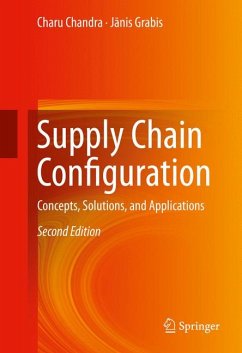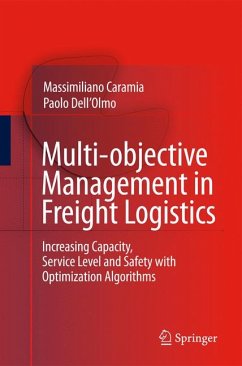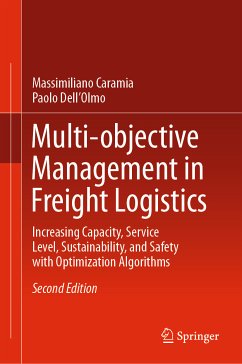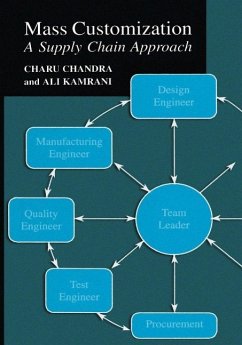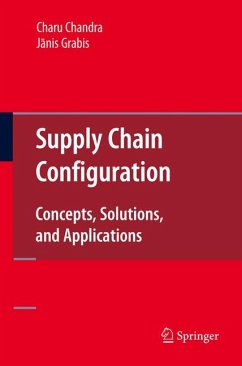
Supply Chain Configuration (eBook, PDF)
Concepts, Solutions, and Applications
Versandkostenfrei!
Sofort per Download lieferbar
112,95 €
inkl. MwSt.
Weitere Ausgaben:

PAYBACK Punkte
56 °P sammeln!
This book is written for practitioners and researchers that are currently working in the field of supply chain management and operations management. The goal of the book is to provide a thorough explanation of the supply chain configuration problem and provide solutions that combine the mathematical aspects of problem solving and the usage of modern information technology solutions
Dieser Download kann aus rechtlichen Gründen nur mit Rechnungsadresse in A, B, BG, CY, CZ, D, DK, EW, E, FIN, F, GR, HR, H, IRL, I, LT, L, LR, M, NL, PL, P, R, S, SLO, SK ausgeliefert werden.



